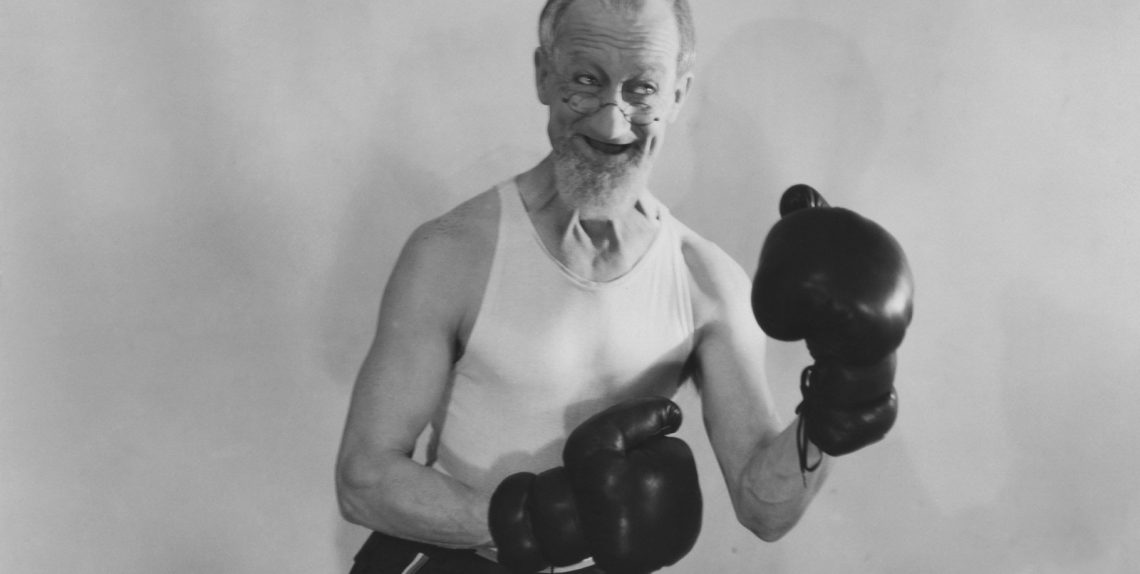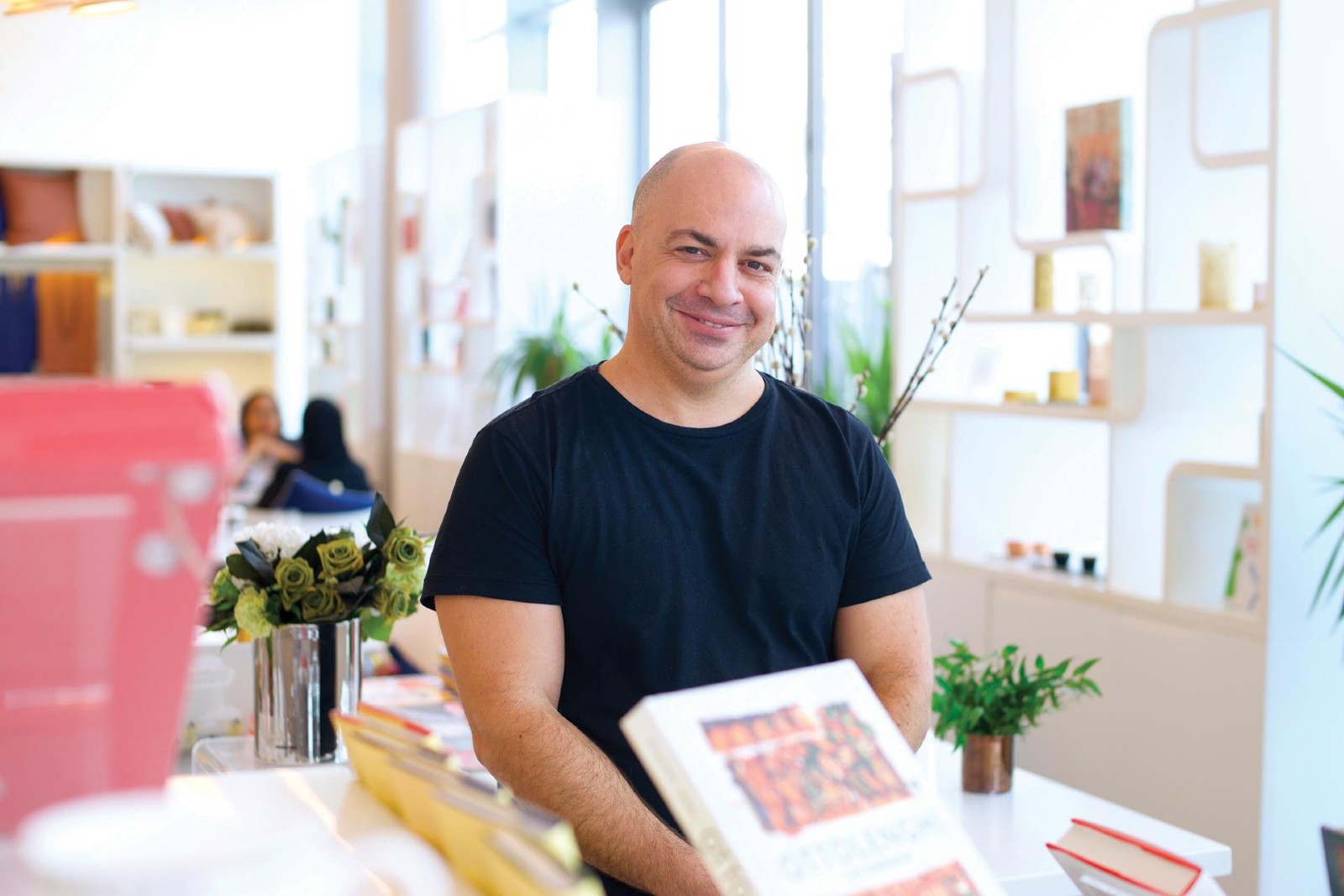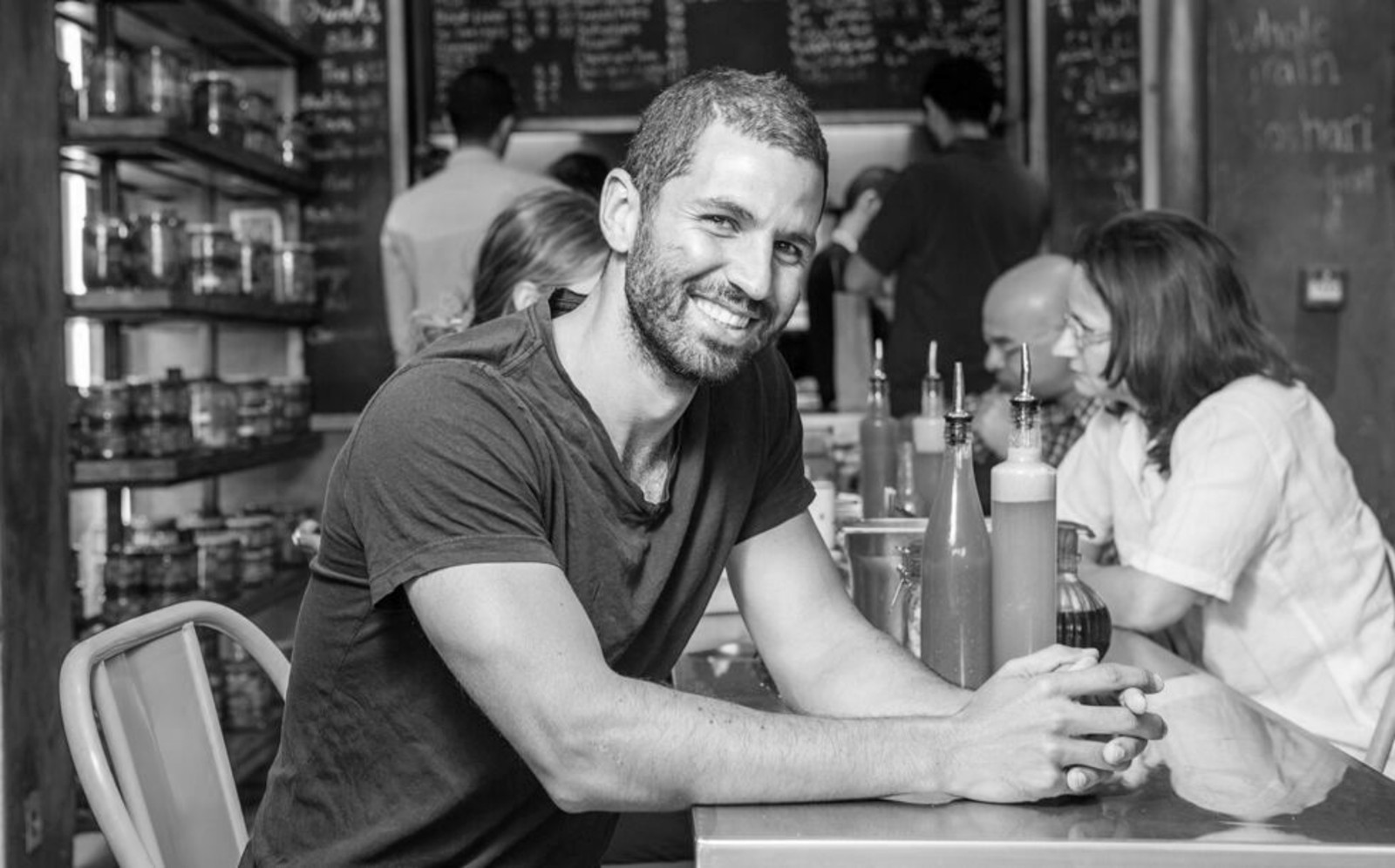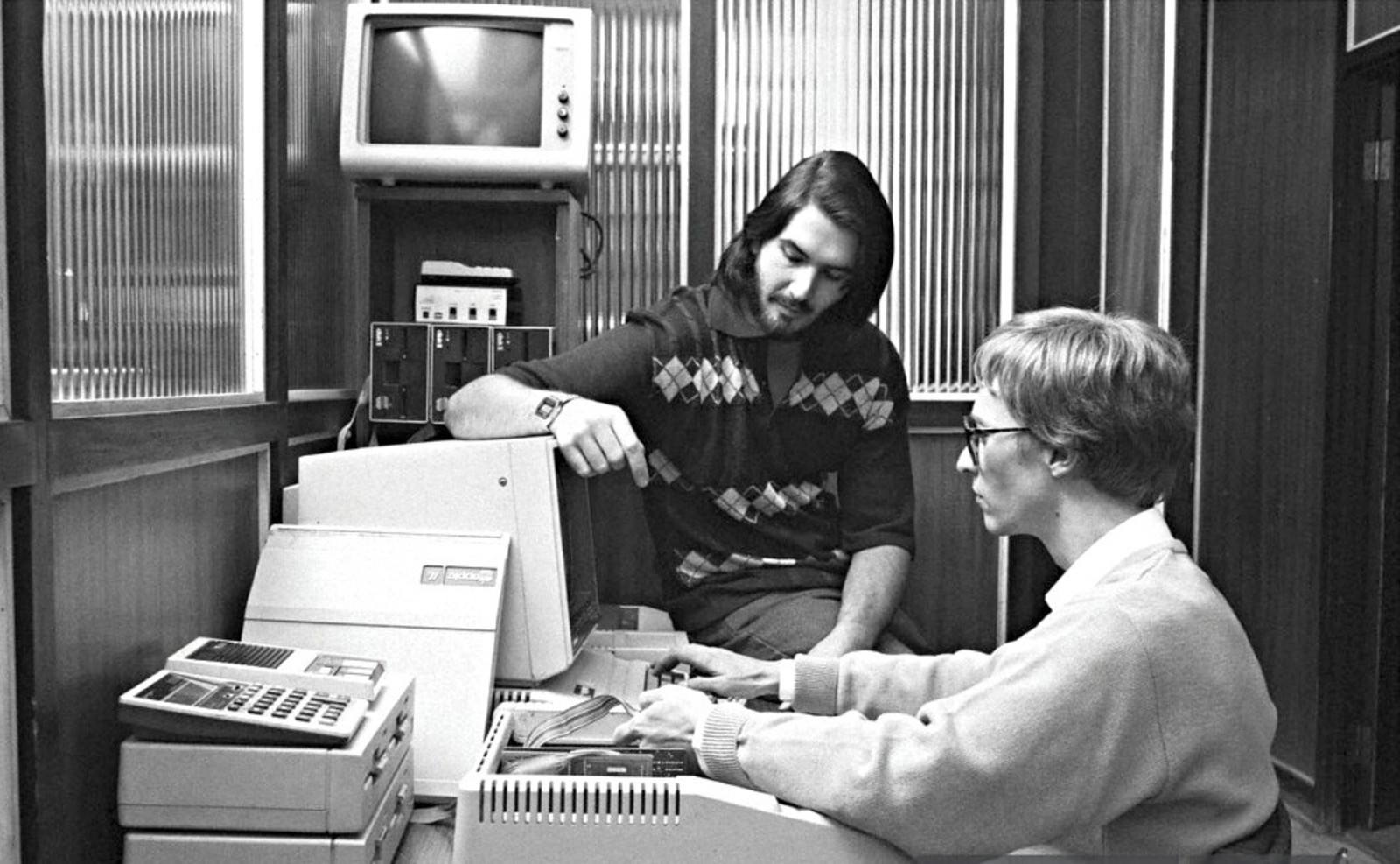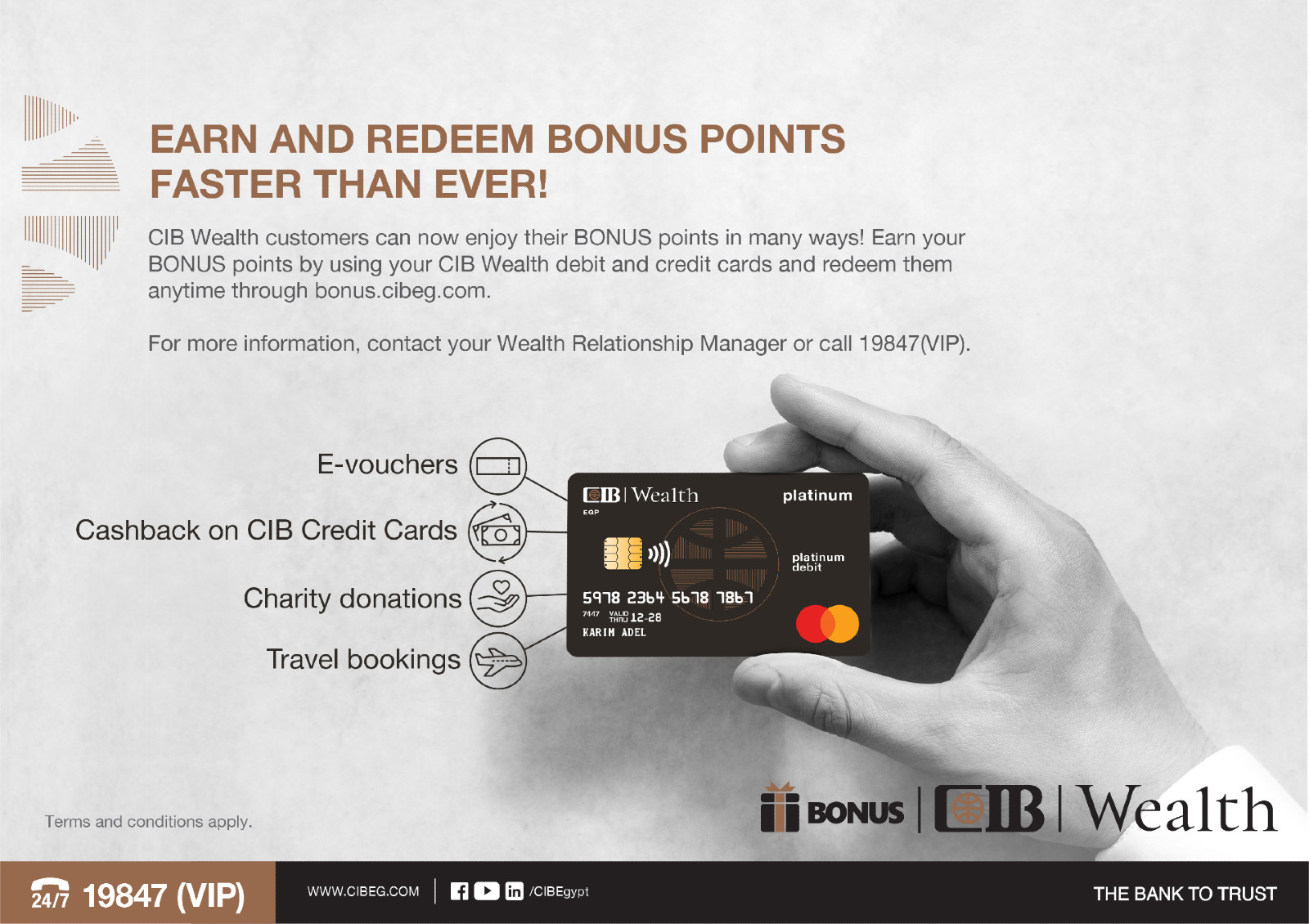What can you do now to make a change? Embarking on a new path doesn’t necessarily have to involve giant leaps. Small tweaks to behavior, minor changes in outlook, or just a peek into something you’ve always wanted to explore can be a great start. Laying out some actionable steps can eventually snowball and take you where you see yourself down the road. Here are some steps you could take that will slowly but surely make a difference:
Make a list of pros and cons: The simple act of weighing the good and bad can help you avoid “analysis paralysis,” which you may experience when faced with a hard or life-changing decision. Former Forbes contributor Jeff Boss has some advice on what to do to avoid this common pitfall (from not freaking out about not making the most optimal decision to setting deadlines for when you want the decision to be made and taking one step at a time). The piece is especially relevant to professionals and business leaders.
Cross the next destination off your bucket list: Travelling is a sure and obvious way to, at the very least, have some fun. You might not want to go way off the beaten track. That’s fine. A short road trip to a nearby city can still be exciting and rewarding in a way that lives up to the famous saying that “travel broadens the mind.” Travel Pulse has 50 post-covid trip ideas you could add to your to-do list. Plus, you don’t even need to leave town. Booking a room in a hotel for a few days is not a bad idea for a brief change of routine.
Develop a systematic approach to self-education: Educating yourself and adding new skills to your repertoire is valuable on so many levels, and is key to making better life decisions. Despite living in a time where this has never been easier (from massive-open-online-course through platforms like Coursera and Udemy to the possibility of learning a new language without leaving bed through apps such as Duolingo), the sheer amount of information out there can be daunting. That’s why it’s wise to stick to routine and rituals. Set micro-goals, remind yourself to be consistent. Devote time-slots to your activities, take and revisit your notes, and find ways to practice the new language, topic, or interpersonal skill. We had more on some of the personal skills you might need in a post-covid world in a recent issue of Your Wealth, including know-how that would make you a little more tech savvy and tips to improve your planning abilities.
Read. Much like travel (but less costly and time consuming) reading can open up new horizons and avenues of thinking. Find a book that makes you fight sleep to get through one more page (or a news publication that sets the tone of your day). With Ramadan fast approaching to lull us into summer and the holiday season, you might find it helpful to revisit the Enterprise summer reading list for some book recommendations. Lifestyle magazine Good Housekeeping also has a list of some of the top books you can read in 2021.
Give back to your local community: Besides giving you a do-gooder feeling and a sense of purpose, volunteer work can take you out of your comfort zone and push you to meet new people you never would have met otherwise, or see new places or parts of town you would have never visited. Here are six great places that routinely seek volunteers in Cairo.
Make simple diet changes. Cutting your daily sugar intake can go a long way toward stabilizing your mood and energy levels and promoting healthier brain function. You can also try to fit more micronutrients and vegetables into your daily eating habits without needing to make drastic lifestyle changes, learn a new recipe, or try new foods.
If all else fails, watch Jim Carrey’s Yes Man: Adopting a “yes” attitude to unexpected offers and suggestions is the simplest way to shake yourself out of a rut. Say yes to that dinner with friends you’ve long lost touch with, or to that friend who is always nagging you to join them at crossfit. Every step out of your comfort zone is an opportunity to network and grow.
